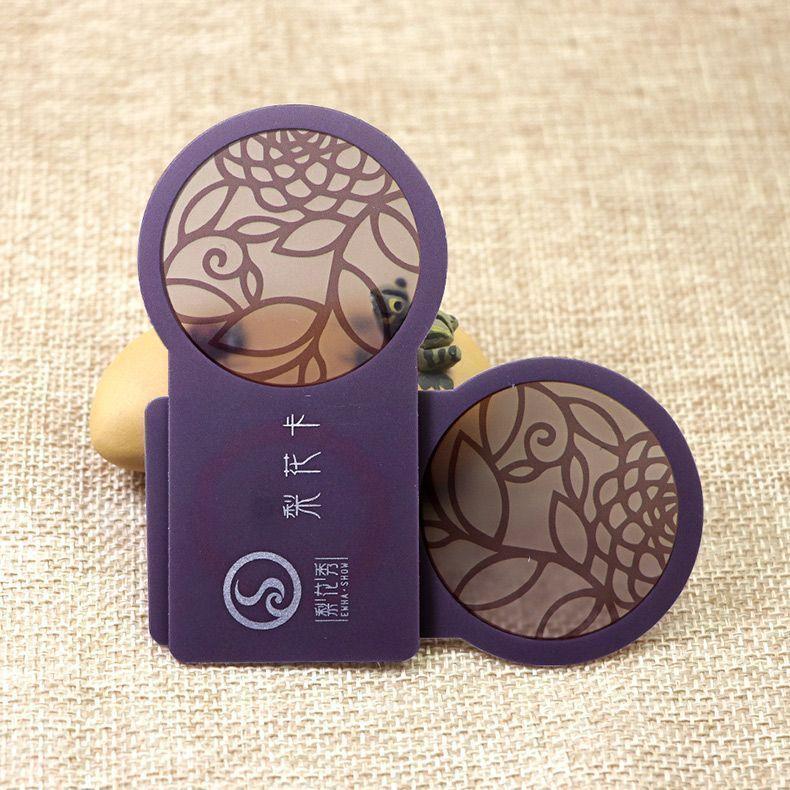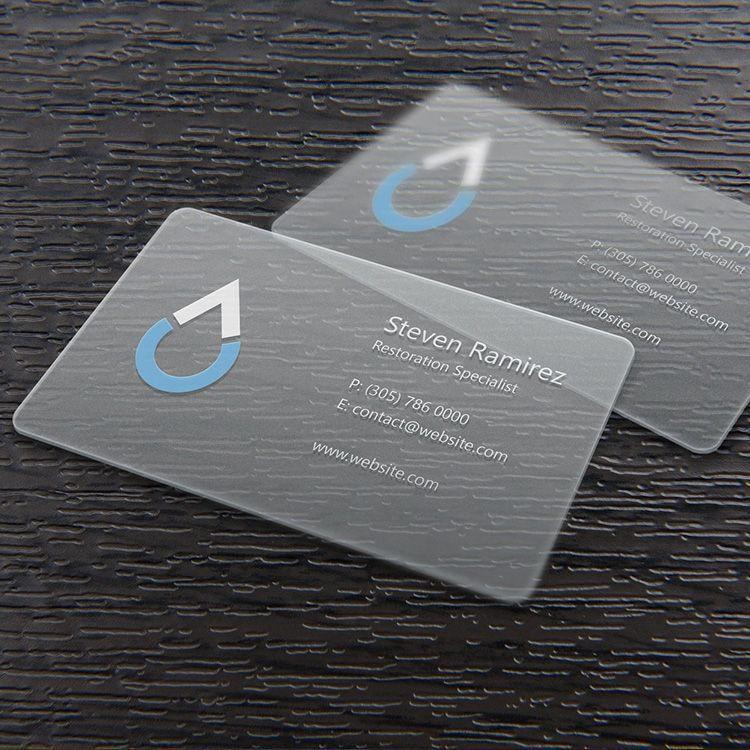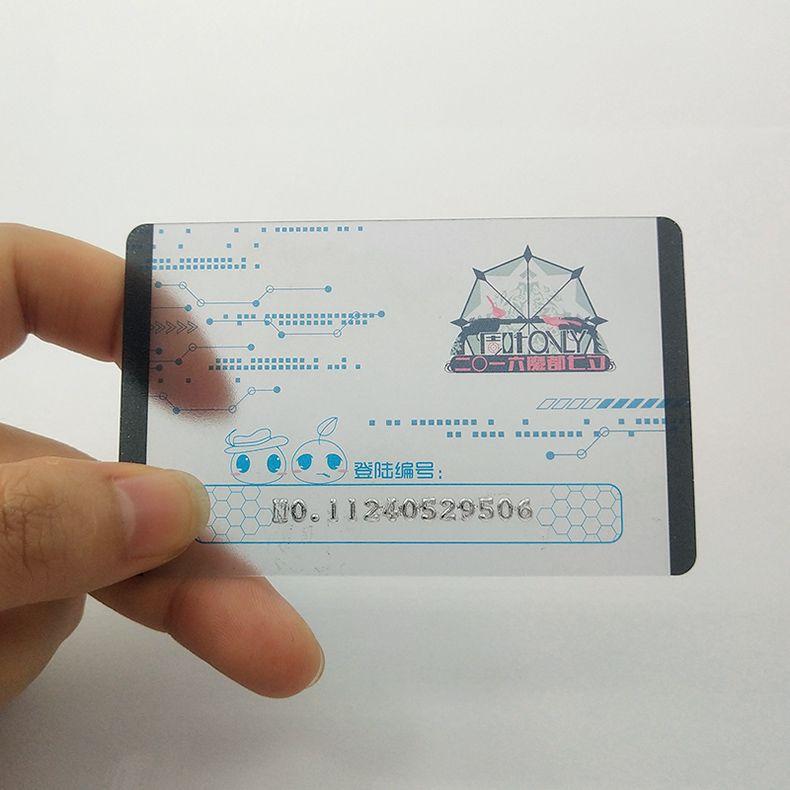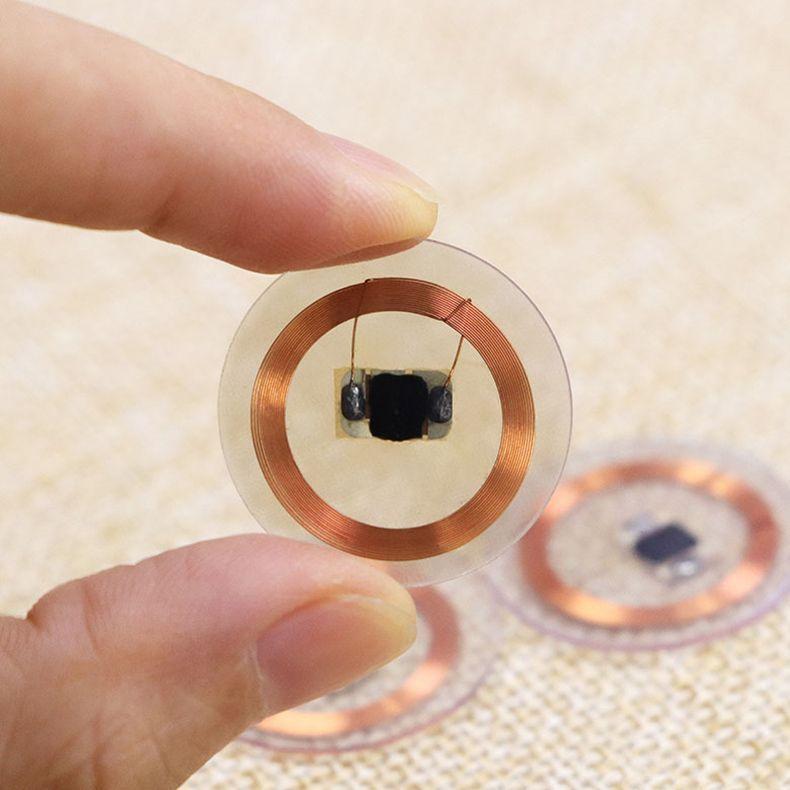Why Smart one?
- We work hard to deliver a solution that fits your budget.
- 24 hours online and a dedicated Account Manager is there to support you.
- Our team has over 20 years experience in all applications.
- 2500 square meter of dust-free workshop and 4 color Heidelberg printer
Best Value
Unmatched Customer Service
Deepest Technical Expertise
Short lead time and Hight quality
The difference between contact and contactless smart cards
A contact ic card has an IC chip but it is exposed on the surface of plastic card. In order to read it, it must be inserted into the card reader. Under physical contact, the chip can be powered up and communicate.

Unlike contact card, the chip is completely inside the contactless card's body. Since the chip isn't exposed, the plastic can protects it, thereby making the IC's life last longer. But it is impossible to read by contacting the reader. Instead, the card only needs to come within proximity of the reader to be powered up.
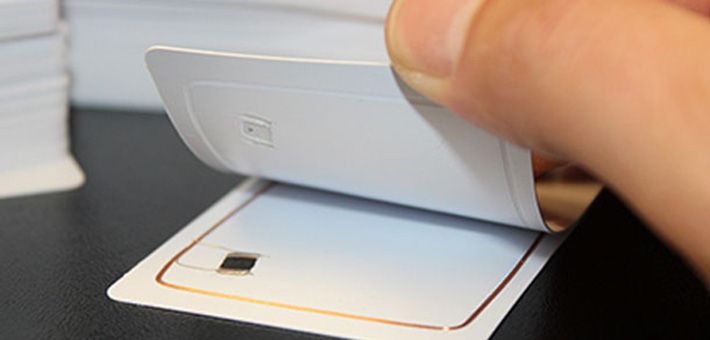
The contact card has a built-in contact (terminal), while the contactless card has an antenna coil. the contactless card communicates with the radio waves generated from the built-in antenna, so there is no wear and tear on the surface due to contact. It has a structure that is not easily damaged.
 |
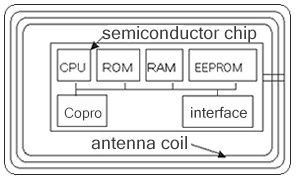 |
| contact ic card: It consists of a semiconductor chip, contact terminals, and a card substrate. |
contactless ic card: It is composed of a semiconductor chip and an antenna coil card substrate. |
Functions and roles of each part
|
Main composition |
Main role |
| CPU | Central processing unit. The heart of the IC chip that controls all processing |
| Copro (Cryptographic Coprocessor) | Dedicated processor for high-speed execution of RSA operations |
| RAM | Fast memory for reading and writing temporary data |
| ROM | Read-only memory used to store programs. Circuits are directly burned in when manufacturing IC chips |
| EEPROM | Writable memory used primarily for storing data |
| interface | Performs communication control between the IC card and the outside (contact type: serial I / O, non-contact type: non-contact analog communication circuit) |
| Contact terminal | In the contact type, data exchange with the reader / writer and power supply to the semiconductor chip |
| Antenna coil | In the non-contact type, data exchange with the reader / writer and power supply to the semiconductor chip |
| Card base | Uses materials such as PVC (polyvinyl chloride), ABS (acrylonitrile, butadiene, styrene resin), PET (polyethylene, terephthalate), etc. |
Comparison of contact / contactless IC cards
| item | contact card | contactless card |
| Communication distance | Contact (0mm) | Contact ~ 1m or more (depending on card type) |
| Readability | Relatively difficult (need to securely set the terminal to the device head) | Easy (information can be exchanged just by bringing the device closer to the card) |
| Freedom of design | There are restrictions because there are contact points | No restrictions |
| durability | Relatively weak (degradation due to contact friction/moisture, dirt may cause malfunction) | Strong (because there is no physical contact) |
Applications of Smart Card
The field areas for applications of contact and contactless cards include:
(2) Medical Health cards
(3) Satellite TV
(4) Access control systems
(5) Electronic cash
(6) Wireless (mobile) communications
(7) Government identification
(8) Telecommunications
(9) Ticketless travel systems
As a smart card manufacturing expert, Smart One is glad to offer custom designed contact cards to meet all your business needs. Whether you want to purchase wholesale contact ic cards or create contactless ic cards with your customized design, Smart One has the perfect solution for your business. With no minimum order requirements, we can produce your smart cards quickly, saving you time and money, and giving you the flexibility to offer limited time campaigns or respond individually to your customers'needs.


